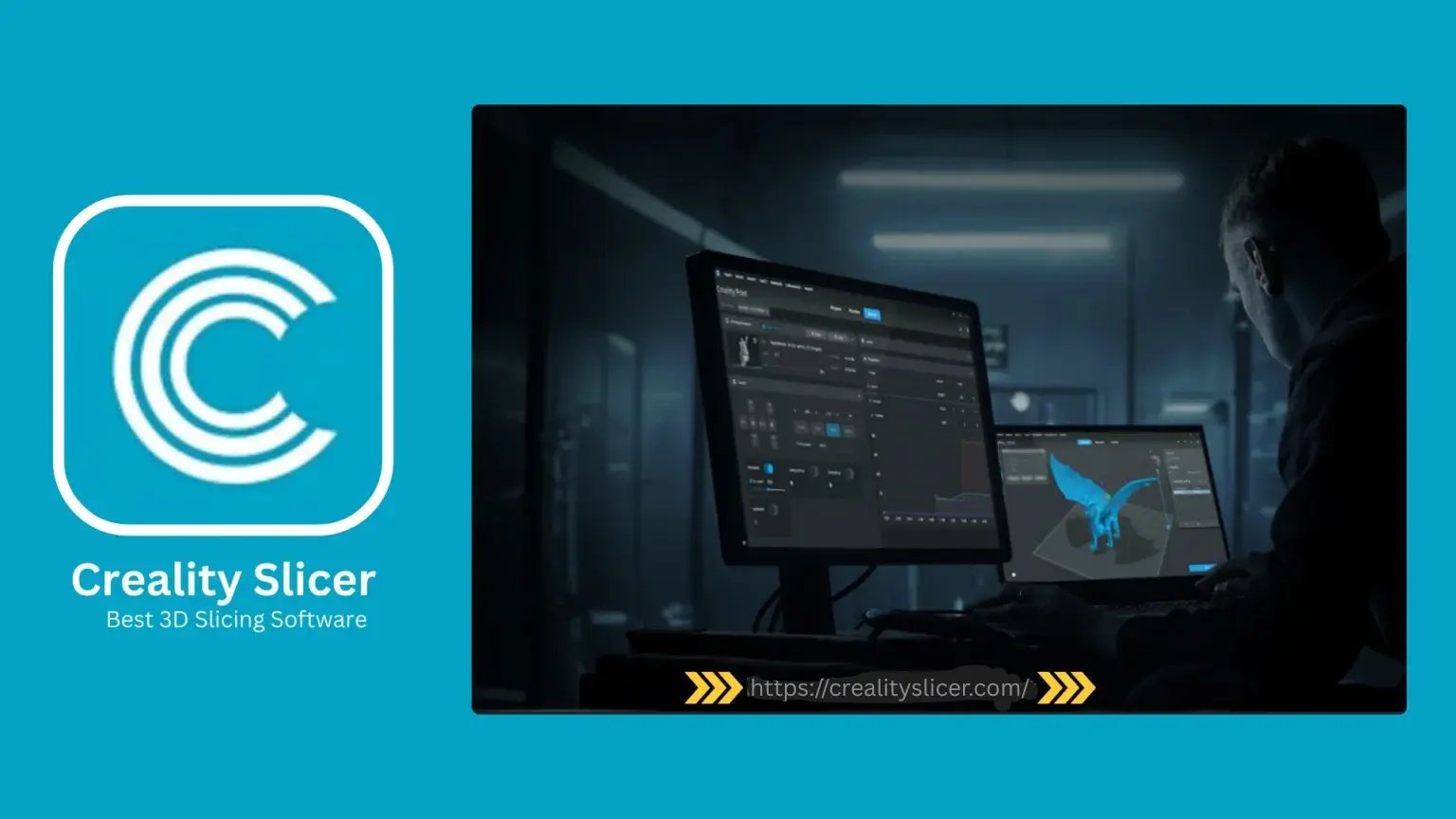Choosing between engineering and medicine after Class 10 is one of the most defining decisions in a student’s life. Both fields demand strong academic grounding, disciplined preparation, and long-term commitment. Many students who opt for medicine begin exploring NEET coaching centres in Chennai early to build a strong foundation for their future goals. Understanding your aptitude, interest, and career aspirations is crucial before committing to either stream.
Understanding Your Natural Inclination
Every student has certain natural tendencies. Some enjoy solving logical problems, working on machines, understanding structures, and innovating solutions. Others are driven by biological processes, human anatomy, and the desire to heal or serve society directly.
Ask yourself:
- Do you enjoy understanding how things work, designing structures, or coding logic-based programs?
- Do you feel deeply interested in biology, human health, and patient care?
Your honest answers will provide clarity about your inherent inclination towards engineering or medicine.
Academic Strength and Comfort Zone
While engineering primarily requires strong command over Mathematics, Physics, and basic application-oriented thinking, medicine demands conceptual clarity in Biology along with Chemistry and Physics.
Evaluate:
- Are you comfortable solving complex physics problems and mathematical derivations?
- Do you grasp biological concepts effortlessly and feel curious about anatomy and physiology?
Assess your past academic performance and comfort levels with these subjects to make a grounded choice.
Personality and Work Nature Alignment
Engineering and medicine differ significantly in their work environments.
Engineering:
- Involves design, development, innovation, analytical thinking, and working with technology or infrastructure.
- Requires patience for coding errors, structural calculations, or designing innovative models.
Medicine:
- Involves diagnosing diseases, treating patients, studying human anatomy, and continuous upskilling throughout life.
- Requires emotional resilience to deal with critical patients, long hospital hours, and emergencies.
Understanding which work nature suits your personality ensures that you thrive in your chosen career rather than simply surviving.
Visualising Long-Term Lifestyle
Imagine your day as an engineer – it may include designing, coding, developing algorithms, structural analysis, or managing projects. As a doctor, your day would involve patient consultations, diagnosis, treatment, follow-ups, and sometimes surgeries or emergencies.
Ask yourself:
- Which lifestyle do I envision for myself every day?
- Do I prefer structured desk work, labs, and corporate or industrial environments, or do I prefer interacting with patients, performing medical procedures, and working in hospitals or clinics?
This visualisation will help you choose a path aligned with your aspirations.
Commitment Required in Both Fields
Both careers require hard work, dedication, and perseverance. Engineering courses are concept-heavy and demand logical clarity and technical problem-solving. Medicine, on the other hand, is memorisation-intensive with detailed study of anatomy, pathology, pharmacology, and practical clinical work.
Neither is easier or harder universally; your personal strengths determine which is easier for you.
Duration of Study and Training
While both require long-term dedication, medicine typically involves undergraduate study, internship, postgraduate specialisation, and sometimes super-specialisation. Engineering is often shorter in academic duration but demands continuous skill upgrades to keep up with technological changes.
Financial Considerations
Medical education tends to be costlier due to longer study duration, clinical training, and internships. Engineering education, depending on the stream and institution, can be more affordable, but competitive specialisations and certifications add to the cost over time.
Evaluate your family’s financial readiness and your ability to secure scholarships or educational loans to plan your decision practically.
Career Stability and Growth
Both careers offer stability if pursued with dedication.
- Medicine offers relatively assured job security as healthcare is an ever-needed sector.
- Engineering offers wide opportunities in both India and abroad, especially with emerging fields such as AI, robotics, and data science.
Your growth in both careers depends on your skills, continuous learning, and the ability to adapt to evolving trends.
Consulting Experienced Professionals
Speak to practising doctors and engineers to understand their daily routines, challenges, and career satisfaction. This practical insight is often missing from mere theoretical analysis.
Testing Yourself Through Early Exposure
Participating in science exhibitions, coding workshops, biology seminars, and volunteering in hospitals or medical camps can provide direct exposure. This experience can guide your clarity in making a strong decision.
Avoiding Peer and Societal Pressure
One common mistake is choosing a career based on what friends choose or what society deems prestigious. Each individual has a unique potential and path. Making choices under peer pressure leads to future regret and dissatisfaction.
Final Decision: Introspect and Commit
Choosing between engineering and medicine is about:
- Knowing your strengths in subjects.
- Visualising your daily life in that profession.
- Understanding the long-term commitment and lifestyle.
- Aligning your decision with your passion and not societal expectations.
Remember, the world respects both professions equally when pursued with sincerity and excellence.
Theory Summary
- Interest Theory: Choose based on subjects and topics that naturally excite you rather than what appears lucrative.
- Personality Theory: Select a career aligning with your emotional strength, patience levels, and interaction preference.
- Lifestyle Theory: Visualise your daily routine in each profession to understand suitability.
- Long-Term Commitment Theory: Understand the duration and dedication required in each field before choosing.
Students preparing in a JEE coaching centre Chennai often find that applying these theories to their career decisions helps them remain motivated and confident throughout their journey. Choosing a career is like planting a tree. If you sow the seed aligned with your nature, nourish it with your hard work, and protect it from external distractions, it will grow into a strong tree bearing fruits of success and fulfilment.



